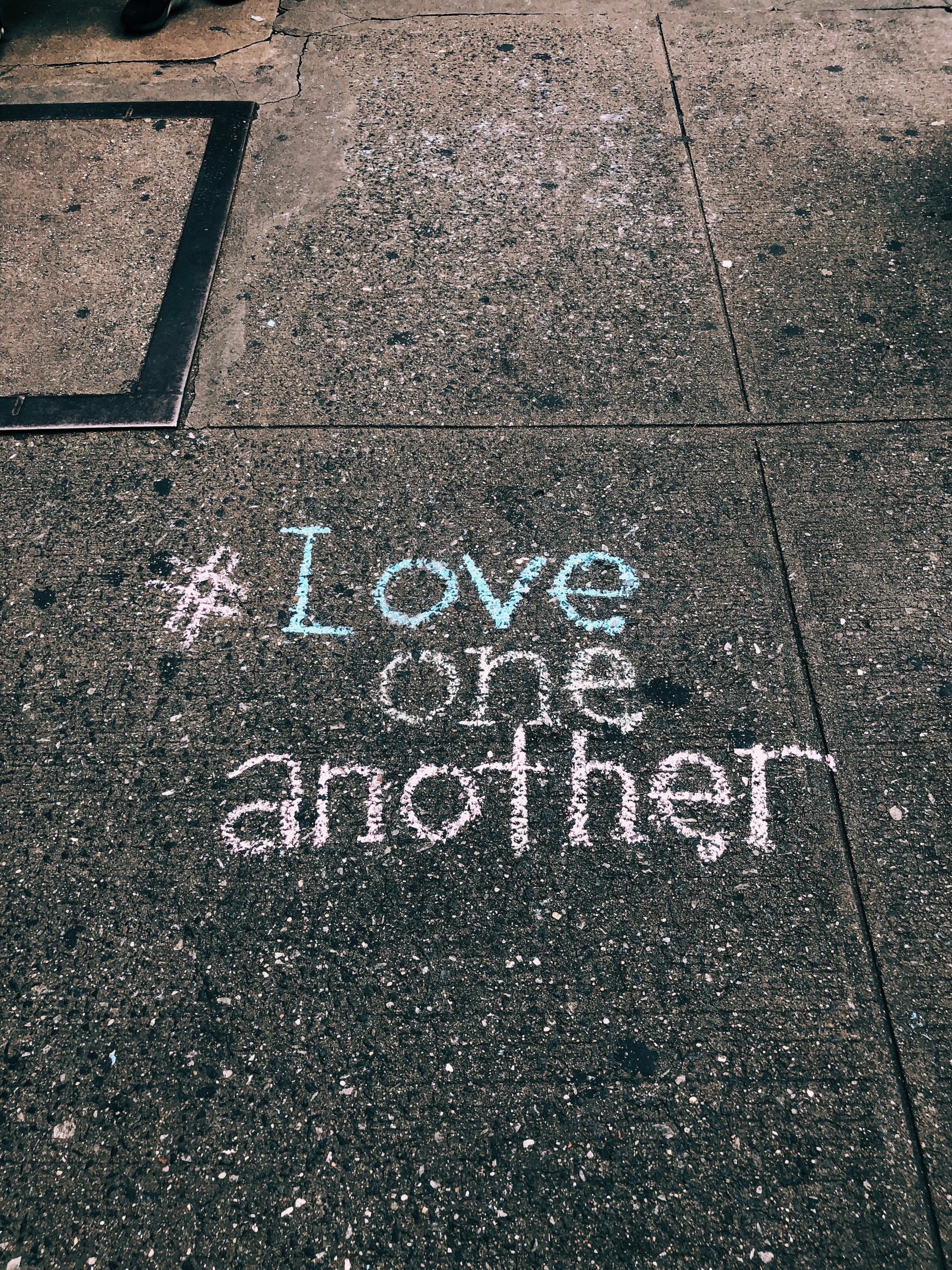
Photo via All Singapore Stuff, Facebook
I remember the first time I learned that legal proceedings are not always exact pictures of justice.
I think my mum was trying to get me to clean my room. Trying a new tactic, she told me that if a burglar happened to break in that night, trip over the junk on my floor and break his leg, I would be the one responsible for his injuries.
In such a scenario, the thief could actually take legal action against the very person he was trying to rob.
I remember feeling indignant at the thought of it (though likely not enough to clean my room).
A similarly troubling picture of justice arises when a person is trying to help a victim, but ends up becoming the victim herself—such as when a passerby stops to administer CPR and winds up, for whatever reason, with a lawsuit on her hands.
Against such, there is no law
A newspaper column by Abigail Van Buren, known to her advice- and manner-seeking readers as “Dear Abby”, lamented the increasing need for “Good Samaritans” to stop and consider the risk before providing assistance.
In the story Jesus tells, the Samaritan’s presence of mind is the exact opposite of self-conscious.
While Abby herself noted there was no excuse to withhold help, one reader was insistent. In places without a “Good Samaritan law,” which actually removes the liability of the one providing assistance, “people who offer a helping hand place themselves potentially at financial and emotional risk.”
The reader continued: “I only hope that I have the presence of mind in the future to withhold assistance in a state that has no Good Samaritan law.”
While the law of human nature seems to assure the majority of people will pass by an accident assuming that someone else will help out, the laws of litigation seem to warn Good Samaritans to watch their backs altogether.
Consequently, in many cases, increasingly so, no one does anything. The victim remains the victim; the Samaritan remains unscathed.
Going against self-consciousness
I suppose it should not come as a surprise that we have managed to hyper-individualise one of the most non-individualistic characters in all of storytelling.
The very point of the parable is that hierarchical and individual distinctions are misleading and harmful.
The very point of the parable of the Good Samaritan (Luke 10:25-37), the story from which the vernacular term for helper now takes its name, is to teach that hierarchical, individual distinctions, whether thinking in terms of race, religion, or personal liability, are misleading and harmful.
In the story Jesus tells, the Samaritan’s presence of mind is the exact opposite of self-conscious.
The Samaritan deliberately places himself in the centre of harm’s way (not knowing if the thieves are still nearby), not to mention the epicentre of disdain for showing disregard to cultural norms (he was a Samaritan who should have been keeping to himself).
The assurance of coming out unscathed could hardly have been this Samaritan’s motive for reaching out.
On the contrary, the Samaritan places himself in a position where he is certain to bear the cost – one such cost being the financial burden of care for the wounded person on the road.
Legalism and a helping hand
While it is indeed lamentable that the current state of the world seems to necessitate self-consciousness in dealing with our neighbours, it is both lamentable and entirely unreasonable that we assume this was not the same scenario for the crowd who first heard the story.
We seem to reason that the Good Samaritan only helped because it was not a liability for him at the time, giving ourselves a rational exemption: “If it weren’t for the law, I would be more than willing to see and care for that person as my neighbour.”
Instead of the stance of self-consciousness, ask this question: “What will happen to this man if I don’t stop?”
In fact, the one who first asked the question that merited Jesus’s telling of the parable was thinking quite similarly. His very question of Jesus, “Who is my neighbour?” betrays his philosophy that the world can be classified in terms of commodities.
In this estimation, there are those I am responsible to help, and there are those I am not responsible to help. And he bases these distinctions on his reading of the law. Albeit a different kind of “law” than the laws that discourage us from helping today, it is a similar use of legalism all the same.
Yet Jesus calls the questioner away from his legalistic mindset with a story that turns these categories into smoke and mirrors.
Instead of the stance of self-consciousness that asks: “What will happen to me if I stop and help this man?”, a far better question is posed on the lips of one who has much to lose: “What will happen to this man if I don’t stop?”
Setting aside the categories that could easily hold him back, the Good Samaritan has room to hold the very commandment Jesus describes as the crux on which all the law and the prophets hang: You shall love the LORD your God with all your heart, soul, mind, and strength, and your neighbour as yourself. (Mark 12:30-31)
With this wisdom in hand, the Good Samaritan, and every soul that carries his or her presence of mind thereafter, is not far from the kingdom of God.
This article was first published on A Slice of Infinity, a ministry of Ravi Zacharias International Ministries and has been republished with permission.
We are an independent, non-profit organisation that relies on the generosity of our readers, such as yourself, to continue serving the kingdom. Every dollar donated goes directly back into our editorial coverage.
Would you consider partnering with us in our kingdom work by supporting us financially, either as a one-off donation, or a recurring pledge?
Support Salt&Light




